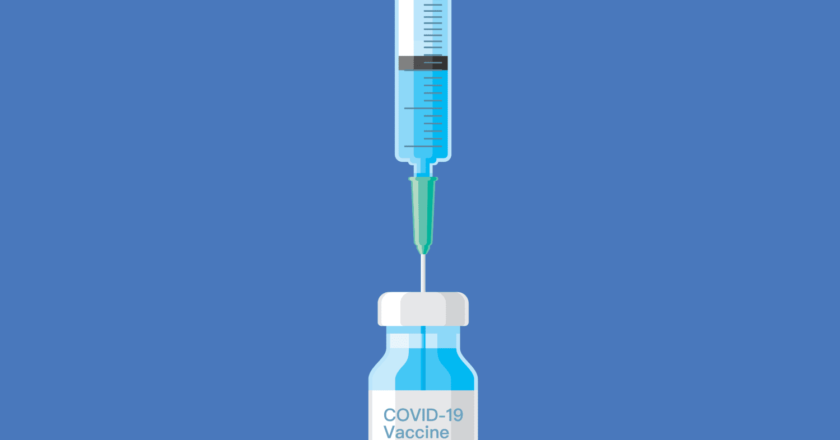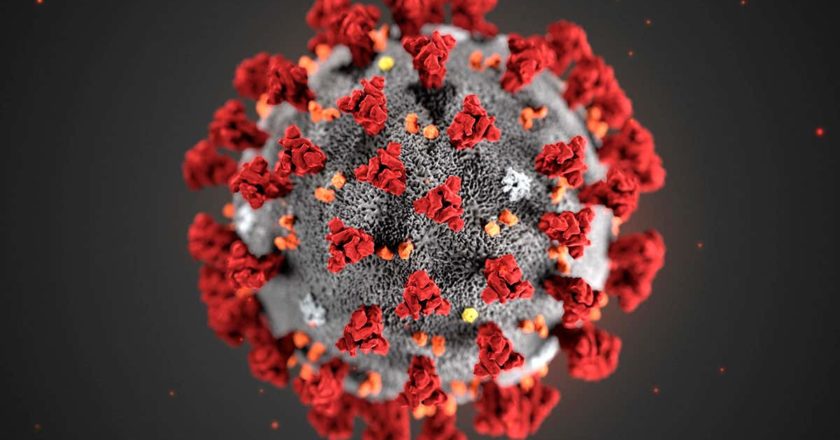The important role of antivirals in the fight against COVID-19
As the COVID-19 pandemic continues, scientist have been working non-stop on preventative vaccines and effective treatments. At present, the most effective prevention of contracting COVID-19 is getting vaccinated. However, variants are emerging resulting in the need for additional research. Treatments that target SARS-CoV-2 fall into two categories: monoclonal antibodies and antivirals.
To learn more, click here.










